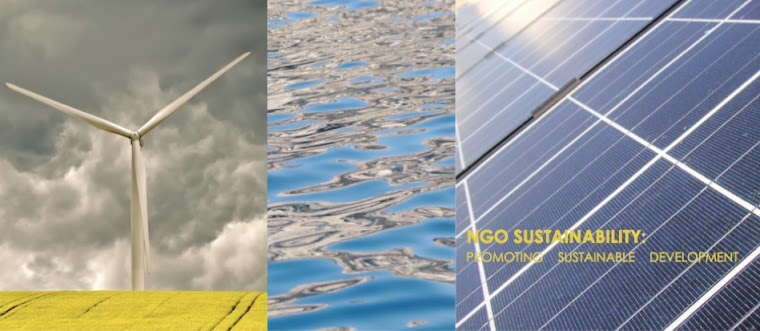Can We Do Without the Mideast?
Over the past 30 years, US presidents have been urging oil independence whenever the Middle East
experiences turmoil; however, such independence--or at least an end to this dependence--could prove to be difficult, expensive and politically explosive. This author suggests four initial steps to achieve independence: 1) prop up gasoline prices to reduce consumption; 2) boost government subsidies and
taxes to build more high-speed rail lines; 3) encourage truck and bus fleets to switch to natural gas; And 4)
push the development of wind, solar and geothermal energy.
Hopeful Message About the World’s Poorest
Over the last 30 years, Liberia saw great improvements in life expectancy and literacy rates and
a significant decline in mortality rates. Nevertheless, Liberia and other African countries continue to experience stagnant or negative economic growth, due to corrupt governments and inadequate foreign aid. Its economy continues to make Liberia a “story of failure" in the world's eyes.
Contrarily, Charles Kenny writes in his book Getting Better that even though many African economies show stagnant or negative growth, issues crucial to human survival-- such as health and education --are becoming more available and affordable. Kenny believes these issues provide hope in overall improvement for the world's poorest nations.
Tucking Carbon into the Ground
The U.S.'s dependence on fossil fuels seems permanent, at least in the immediate future. Thus, carbon capture and sequestration (CCS) is essential to a national energy policy. The process pushes carbon dioxide into different kinds of rocks with the objective of letting carbon dioxide displace the usually salt water there. Since salt water posses no economic value, this process would not displace drinkable water. Some progress and various parts of the legal framework for carbon sequestration have already taken place.
Trading Pumps for Plugs: We Aren’t There Yet
With gas prices rising, many are considering purchasing electric cars. Luckily, the right combination of technology and policy is now in place to ensure that plug-in cars are almost certainly here to stay. The price of oil, however, is still not considered high enough to persuade a majority of Americans to switch to electric. A reason may be that even though electric cars save long-term costs, most people tend to buy based on immediate upfront costs, rather than long-term operating ones.
Source
